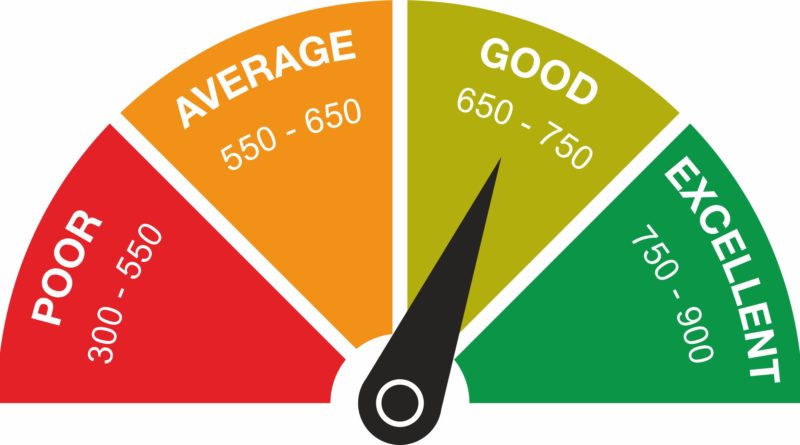6 Things To Avoid To Improve CIBIL Score

The Credit Information Bureau India Limited (CIBIL), which regulates your credit score, has direct power over your upcoming interactions with creditors and financial firms. A strong credit score will ensure that your loan or credit card request is granted without delay, but a negative credit score can jeopardize your present and future opportunities. So, it is necessary to understand how to improve cibil score. The major reason we can’t always keep a decent credit score is due to a lack of understanding. We find ourselves in tough situations as a result of our lack of knowledge, particularly during challenging circumstances. Knowing how to improve cibil score can help you in many ways. That’s why we’ve compiled a list of some key characteristics that can assist you in building and maintaining a strong financial history. Click here for tips to improve CIBIL score.
Here are the major things you should avoid in order to improve your credit score:
High Credit Use
Aside from delayed payment, using over 30% of your credit limit has a negative impact on your credit score. Your score may be lowered by a couple of points if you neglect your earnings and continue to spend.
Financing and credit cards enable customers to purchase items that they otherwise would not be able to pay in whole. Making it a habit, on the other hand, can only lead to a never-ending debt payback cycle. You may cut down on your credit card activity by utilizing cash when feasible and restricting your use of credit cards.
Overdue Or Missing Transactions
This is a major point when it comes to how to improve cibil score. The greatest adversary of a decent credit score is not completing your EMI or credit card payment on time. Skipping or postponing payments, as well as ignoring them, will have a substantial negative impact on your CIBIL score. If you can’t afford to pay the whole payment, at the very most cover the least to save your credit score. If you’re in an economic bind and owe money on many credit cards, you may consolidate your debts by obtaining a personal loan and paying simply one EMI each month.
Applying for Multiple Credit Cards
If one lender has rejected your application for a credit card, do not immediately go for another vendor. Applying for a credit card with multiple vendors shows desperation and this will lead to hard enquiries of your score. Hard enquiries are ones made by lenders to extract your score. If there are too many hard enquiries against your name, your score is bound to come down.
Taking Up The Role Of A Loan Guarantor Or Co-applicant
Taking out a loan with your partner or acting as a surety for anyone who covers their EMI on time is a fantastic choice. Being a co-applicant or guarantor with a solid repayment history improves your chances of getting a loan. However, this is a bit risky as you have to face the consequences in case the person defaults in any of the cases.
Hard Inquiries
When you apply for a loan or credit card, a hard inquiry informs merchants that you sought financing elsewhere, for any type of loan. Hard queries leave a trail on your credit record for around 24 months. A rigorous credit check lowers your credit score by between 5 and 10 units. So, be careful what kind of credit you seek, how many times you request, and how regularly you pertain since each query is recorded on your credit history.
Defaulting
Defaulting is the worst mistake one can commit after getting a credit card or loan. Defaulting on any payment can lead to being permanently being blacklisted by a lender.
Bottom Line
By now you would’ve understood how to improve CIBIL score and things to avoid. The mistakes that we make should give us an opportunity to learn and grow. To maintain a good credit score, always be on the lookout for how to improve cibil score, be vigilant, and do not commit the mistakes listed above.